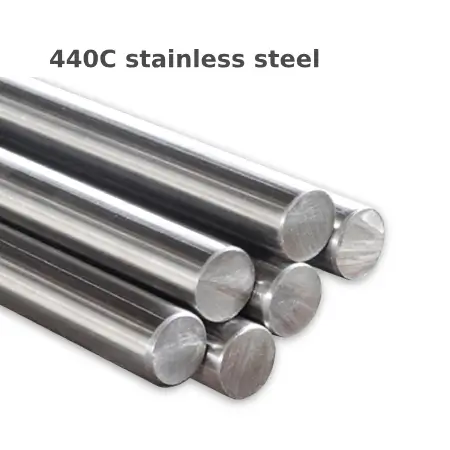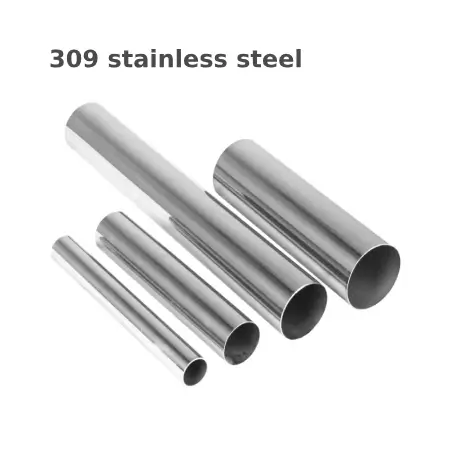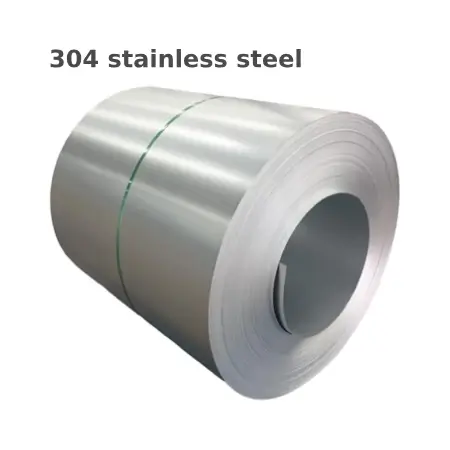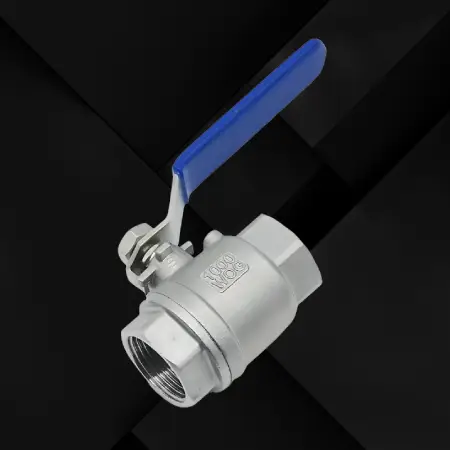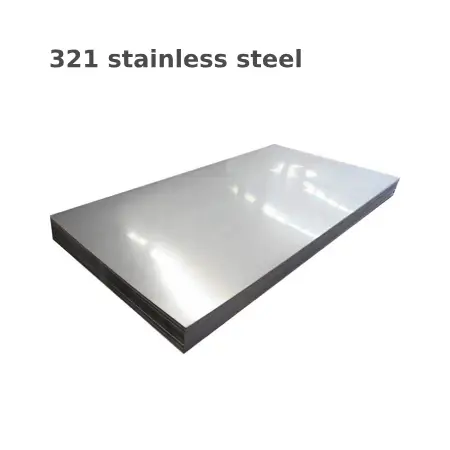440C Stainless steel is a type of high-carbon, high-chromium martensitic stainless steel renowned for its hardness and wear resistance. It is known by the numerical designation "440C" due to its chemical composition, which differentiates it from other variants in the 440 series.
Introduction to 440C Stainless Steel
Material Composition: 440C stainless steel contains a high chromium content (16% to 18%) and a high carbon content (0.65% to 0.75%), along with small amounts of other elements like molybdenum, which contribute to its improved hardness and corrosion resistance compared to other martensitic stainless steels.
Hardness: This alloy is capable of reaching Rockwell C hardness levels between 50 and 60 through heat treatment processes such as quenching and tempering, making it one of the hardest stainless steels available.
Corrosion Resistance: The high chromium content in 440C provides good corrosion resistance, but due to the high carbon content, it is less resistant to corrosion than some of the other 400 series stainless steels.
Applications: 440C stainless steel is primarily used in applications requiring a hard and wear-resistant material, such as cutting tools, knife blades, bearing components, and other precision parts that require a high degree of durability.
Heat Treatment: The alloy can be hardened by heat treatment, which includes austenitizing, quenching, and tempering. These treatments significantly increase the hardness and strength of the material.
Machinability: In its annealed condition, 440C can be machined using conventional methods, but it is much harder to work with after heat treatment due to its high hardness.
Welding: Welding 440C can be challenging due to the risk of carbon segregation and cracking, especially if the stainless steel has been heat-treated to high hardness levels.
Chemical Compatibility: Like other martensitic stainless steels, 440C is more susceptible to corrosion in certain acidic and alkaline environments and at high temperatures compared to more corrosion-resistant stainless steel grades.
Forming and Fabrication: The fabrication of 440C stainless steel is straightforward when it's in the annealed condition, but forming operations become more difficult as the material is heat-treated to higher hardness levels.
Availability: 440C stainless steel is available in various forms, such as round bar, flat bar, wire, and sheet, for use in a wide range of applications.
Recyclability: As with all stainless steels, 440C can be recycled, contributing to its sustainability and reducing environmental impact.
Special Considerations: Because of the material's hardness and the potential for stress and embrittlement, it is important to manage the use of 440C carefully, especially in heavy-duty applications where safety and reliability are critical.
440C stainless steel is a preferred choice for applications that require a balance of high hardness, wear resistance, and corrosion resistance. Its combination of properties makes it a go-to material for manufacturers of cutting instruments and other high-precision components that demand durable materials.

